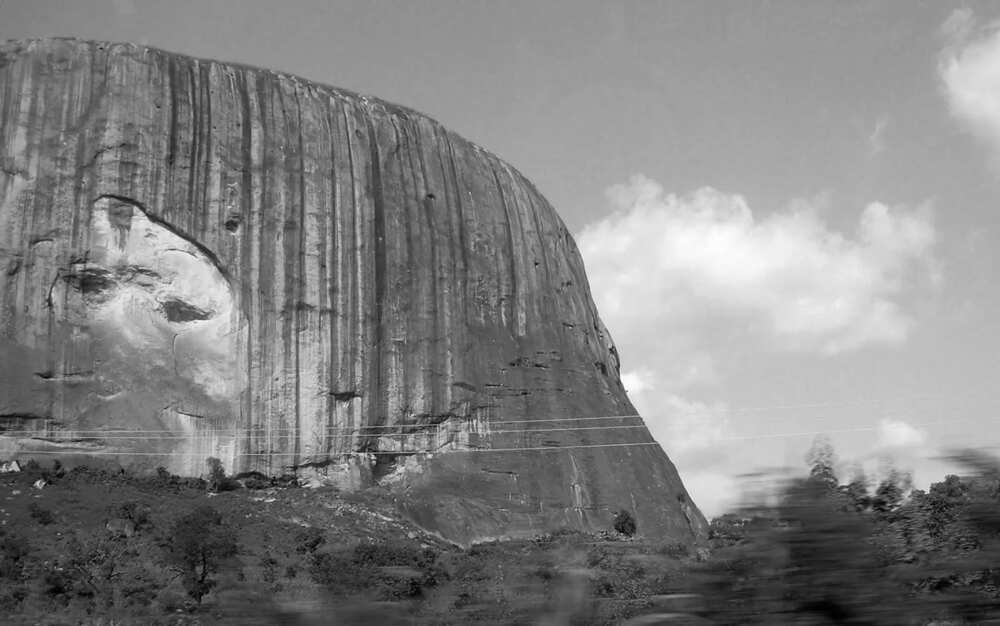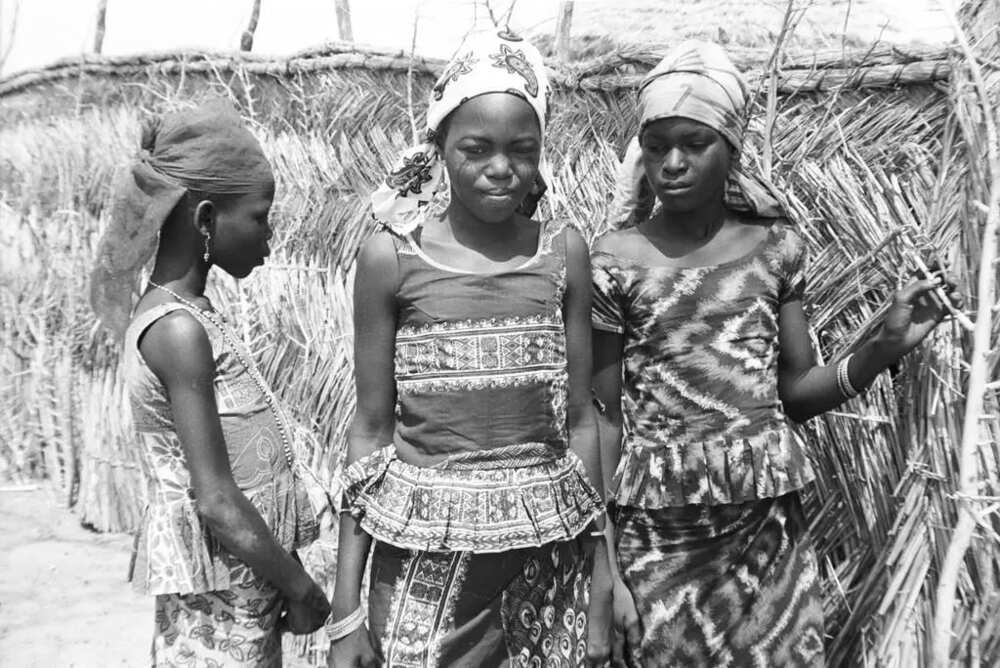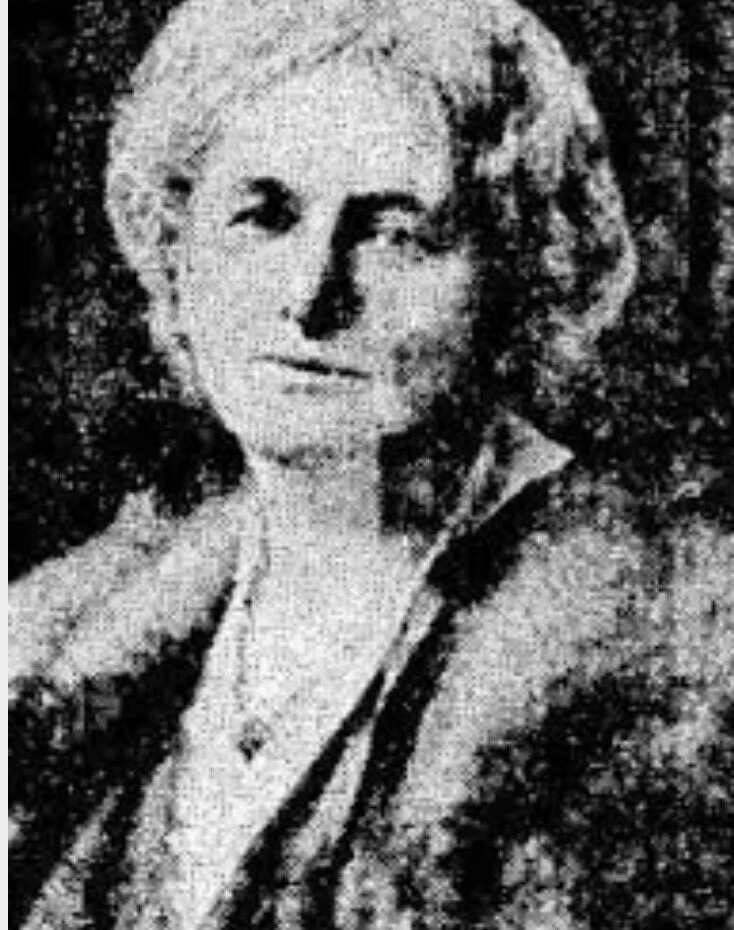Who Named Nigeria: The Fascinating Story Behind The Name
Ever wondered who named Nigeria and what inspired the choice? Well, buckle up because we’re diving deep into history to uncover the origins of one of Africa’s most influential countries. The name "Nigeria" might sound familiar to you today, but its journey from conception to recognition is nothing short of intriguing. Stick around, and let’s explore how this iconic name came to be.
Imagine a place where history, culture, and politics collide to shape a nation's identity. That’s exactly what happened when the name "Nigeria" was born. This article isn’t just about the name; it’s about the people, the times, and the events that gave birth to a country we now know as Nigeria.
So, if you’re curious about the origins of the name, the person behind it, and the significance it carries, you’re in the right place. Let’s dive in and uncover the answers to the question, "Who named Nigeria?"
Read also:Growth Tattoo The Ultimate Guide To Embrace Your Ink Journey
Table of Contents
- The Historical Background
- Biography of the Person Who Named Nigeria
- The Origin of the Name "Nigeria"
- Colonial Influence on Naming
- Cultural Significance of the Name
- Modern-Day Impact of the Name
- Key Statistics About Nigeria
- Famous Quotes Related to Nigeria
- Future Prospects for Nigeria
- Conclusion
The Historical Background
Back in the day, Africa was a continent rich in resources but fragmented by colonial powers. Nigeria, as we know it today, didn’t always exist. Before the British came along, the region was a collection of diverse ethnic groups, each with their own traditions, languages, and ways of life. But then, in the late 19th century, things started to change.
The British were all about expanding their empire, and they saw opportunities in West Africa. They established trade routes, set up administrative systems, and eventually began to consolidate territories. It was during this period that the name "Nigeria" was born.
Colonial Era and Its Impact
In the late 1800s, the British were busy dividing up Africa among themselves and other European powers. The Berlin Conference of 1884-1885 pretty much sealed the deal, carving up the continent into colonial territories. Nigeria, as a geographical entity, started to take shape during this time.
But here’s the thing—naming a country isn’t just about slapping a label on it. It’s about creating an identity, a story that resonates with the people who live there. And that’s exactly what happened with Nigeria.
Biography of the Person Who Named Nigeria
Now, let’s talk about the person who actually came up with the name. Her name was Flora Shaw, and she wasn’t just any ordinary woman. Flora Shaw was a journalist and writer who worked for The Times newspaper in London. She was also a staunch advocate for British colonialism, and her ideas played a significant role in shaping the British Empire’s policies in Africa.
Flora Shaw's Background
Flora Shaw was born in 1852 in England. She grew up in a family that valued education and intellectual pursuits. Her career as a journalist took her to various parts of the world, but it was her work in Africa that left a lasting impact.
Read also:Kathleen Nimmo Lynch Husband The Fascinating Journey Behind The Scenes
Here’s a quick rundown of her life:
- Born in 1852 in England
- Worked as a correspondent for The Times
- Traveled extensively in Africa
- Married Frederick Lugard, a British colonial administrator
Biographical Data
| Full Name | Flora Louisa Shaw |
|---|---|
| Date of Birth | January 11, 1852 |
| Place of Birth | England |
| Occupation | Journalist, Writer |
| Spouse | Frederick Lugard |
The Origin of the Name "Nigeria"
So, how did Flora Shaw come up with the name "Nigeria"? Well, it’s actually quite simple. The name is derived from the Niger River, which flows through the country. Shaw believed that the river was a defining feature of the region and decided to use it as the basis for the country’s name.
But here’s the kicker—Shaw wasn’t just randomly picking names. She had a vision for the future of the region. She wanted to create a sense of unity among the diverse ethnic groups that inhabited the area. By naming the country after the river, she hoped to foster a shared identity among the people.
Why the Niger River?
The Niger River is the third-longest river in Africa, and it plays a crucial role in the region’s geography and economy. It’s also a symbol of resilience and continuity, which made it a perfect choice for the country’s name.
Flora Shaw’s decision to name the country after the river wasn’t just about geography; it was about creating a narrative that would inspire the people. She wanted them to see themselves as part of something bigger, something that transcended ethnic and cultural differences.
Colonial Influence on Naming
Let’s not forget that the naming of Nigeria happened during a period of intense colonial activity. The British were all about control, and naming was just one of the ways they asserted their authority. But here’s the thing—Flora Shaw wasn’t just following orders. She had her own ideas about how the region should be governed, and her influence extended far beyond just naming the country.
Her vision for Nigeria was one of progress and development. She believed that the region had the potential to become a powerhouse in Africa, and she wanted to set it on the right path.
Impact of Colonialism
Colonialism had a profound impact on the naming of countries in Africa. Many of the names we use today were chosen by colonial powers, and they often reflected the colonizers’ interests rather than the local populations’ desires. But in the case of Nigeria, Flora Shaw’s intentions were somewhat different.
She wasn’t just about domination; she was about creating a legacy. And in that sense, her contribution to the naming of Nigeria was significant.
Cultural Significance of the Name
The name "Nigeria" carries a lot of cultural weight. It’s not just a word; it’s a symbol of identity, unity, and resilience. For many Nigerians, the name represents a shared history and a shared future. It’s a reminder of where they come from and where they’re headed.
But here’s the thing—the name also comes with its own set of challenges. It’s a reminder of the country’s colonial past and the legacy of British rule. For some, it’s a source of pride; for others, it’s a source of frustration.
Unity and Diversity
One of the most fascinating things about Nigeria is its diversity. The country is home to over 250 ethnic groups, each with their own language, traditions, and customs. And yet, despite all these differences, the name "Nigeria" has managed to bring them together under one banner.
It’s a testament to the power of language and the importance of shared identity. Even though the name was chosen by a British journalist, it has become an integral part of Nigeria’s cultural fabric.
Modern-Day Impact of the Name
Fast forward to today, and the name "Nigeria" continues to resonate with people all over the world. It’s a country that’s known for its rich culture, vibrant music, and booming economy. But it’s also a country that faces its fair share of challenges.
The name "Nigeria" serves as a reminder of the country’s potential and its struggles. It’s a call to action for its people to work together to build a brighter future.
Challenges and Opportunities
Nigeria is a country that’s full of contradictions. It’s one of the fastest-growing economies in Africa, yet it still struggles with issues like poverty, corruption, and insecurity. But despite these challenges, the name "Nigeria" continues to inspire hope and resilience among its people.
It’s a reminder that progress is possible, even in the face of adversity. And that’s something worth celebrating.
Key Statistics About Nigeria
Let’s take a look at some key statistics about Nigeria to give you a better understanding of the country:
- Population: Over 200 million people
- GDP: Approximately $500 billion
- Language: English is the official language, but there are over 500 indigenous languages
- Religion: Predominantly Muslim and Christian
These numbers paint a picture of a country that’s both diverse and dynamic. Nigeria is a country that’s full of potential, and its people are determined to make the most of it.
Famous Quotes Related to Nigeria
Here are a few famous quotes about Nigeria that capture the essence of the country:
- "Nigeria is a nation of contradictions." – Chinua Achebe
- "Nigeria is a country of hope and opportunity." – Wole Soyinka
- "Nigeria is a place where dreams can come true." – Fela Kuti
These quotes reflect the complexity and richness of Nigeria’s identity. They remind us that the country is more than just a name; it’s a living, breathing entity that’s constantly evolving.
Future Prospects for Nigeria
Looking ahead, the future of Nigeria is full of possibilities. The country has the resources, the talent, and the determination to become a leader in Africa and beyond. But it will take hard work, collaboration, and a shared vision to make it happen.
As the people of Nigeria continue to shape their destiny, the name "Nigeria" will remain a powerful symbol of their identity and their aspirations. It’s a name that carries the weight of history, but it’s also a name that inspires hope for the future.
Conclusion
In conclusion, the question "Who named Nigeria?" leads us to a fascinating story of history, culture, and identity. Flora Shaw’s decision to name the country after the Niger River was more than just a random choice; it was a deliberate attempt to create a shared identity among the diverse ethnic groups that inhabit the region.
Today, the name "Nigeria" continues to inspire and challenge its people. It’s a reminder of the country’s past, present, and future. As Nigeria continues to grow and evolve, the name will remain a powerful symbol of its identity and its aspirations.
So, what do you think? Does the name "Nigeria" resonate with you? Leave a comment below and let us know your thoughts. And if you enjoyed this article, don’t forget to share it with your friends and family. Together, let’s celebrate the rich history and culture of Nigeria!
Article Recommendations


